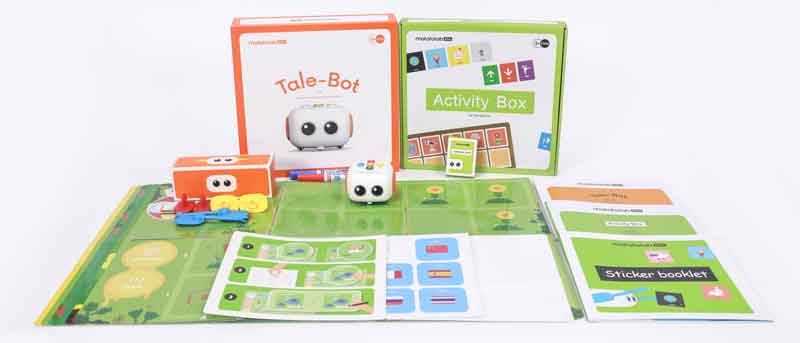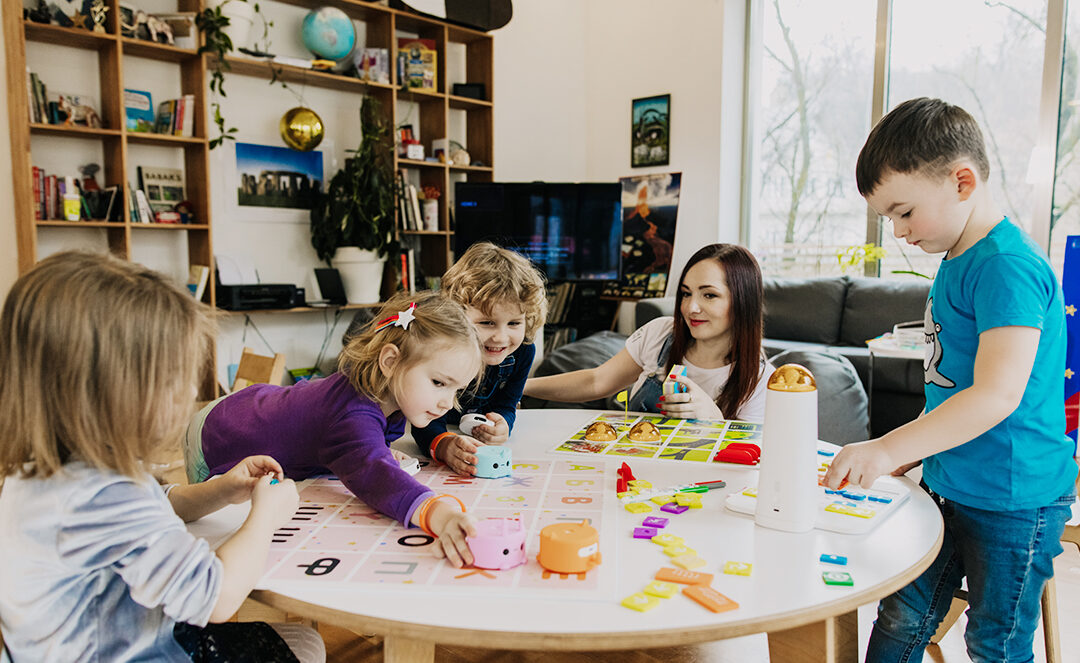In Dubai, Educators believe that a core set of competencies is crucial as part of skills imparted in the 21st century. These are teachable, learning foundations taught at Matatalab called the Four C’s. They are namely Communication, Collaboration, Critical thinking, and Creativity

Children are not innately comfortable working in groups. Using the Matatalab robots, they are encouraged to work in groups to brainstorm and problem solve. They learn how to effectively listen to not only the teacher but also their peers as they collaborate. They are taught to deliver presentations of their work and communicate using digital media. Soon they are comfortable presenting their ideas over varied platforms and diverse environments.

Within the GCC, UAE and Middle East countries, group activities with Matatalab entail working together and building on productivity. Tasks usually have a leader and a speaker etc. Separate roles for each member of the group to provide structure to the working. Students learn leadership skills and responsibility. They also learn how to co-operate with the group as a whole and be flexible and open to constructive feedback.
Matatalab tangible programming language bridges the gap between the virtual and physical world of computer programming. It uses blocks or buttons to create a chain of code which ultimately leads to a program. Children are better able to absorb computer science concepts as they use their hands to build and see how it finally works. It builds a growth mindset for problem solving and refinement. Kids explore their creativity and have the courage to share their ideas openly or innovate. Through this. The students learn how to interpret the feedback and data and implement changes constructively. Piaget’s theory of constructivism believes that people produce knowledge and meaning based upon their experiences. Matatalab challenges students to become critical thinkers and helps to build the students’ 21st Century skills.

